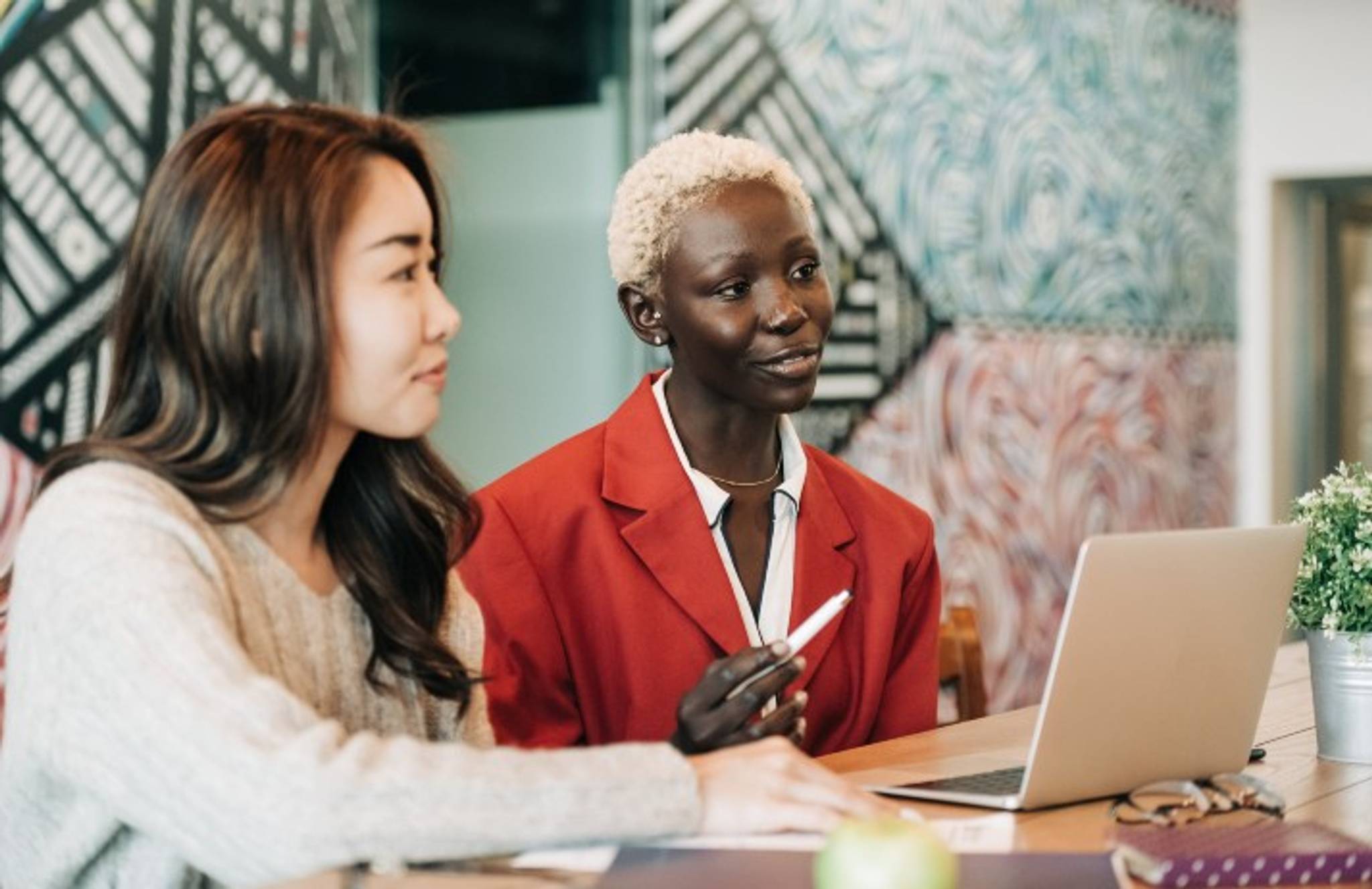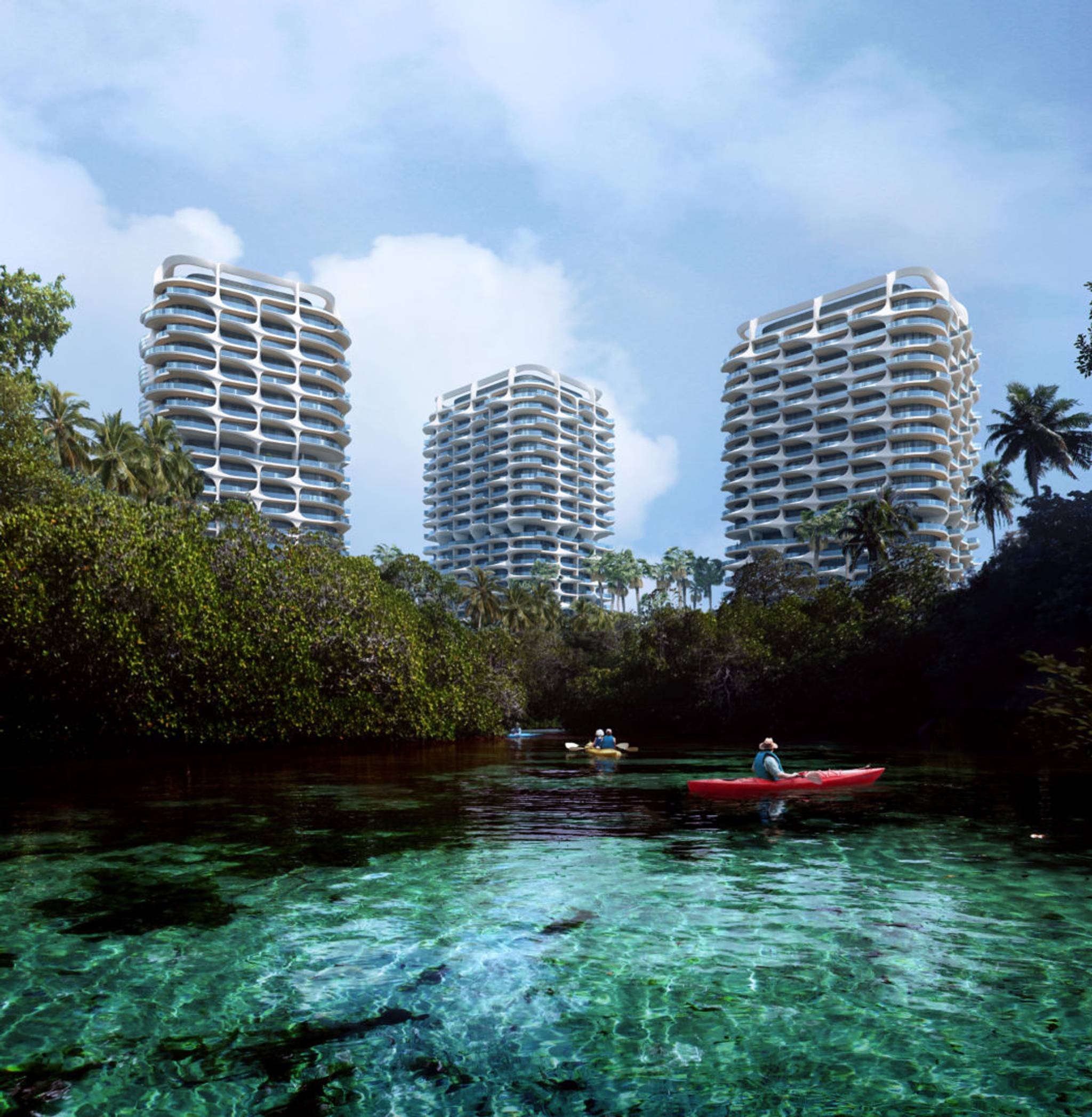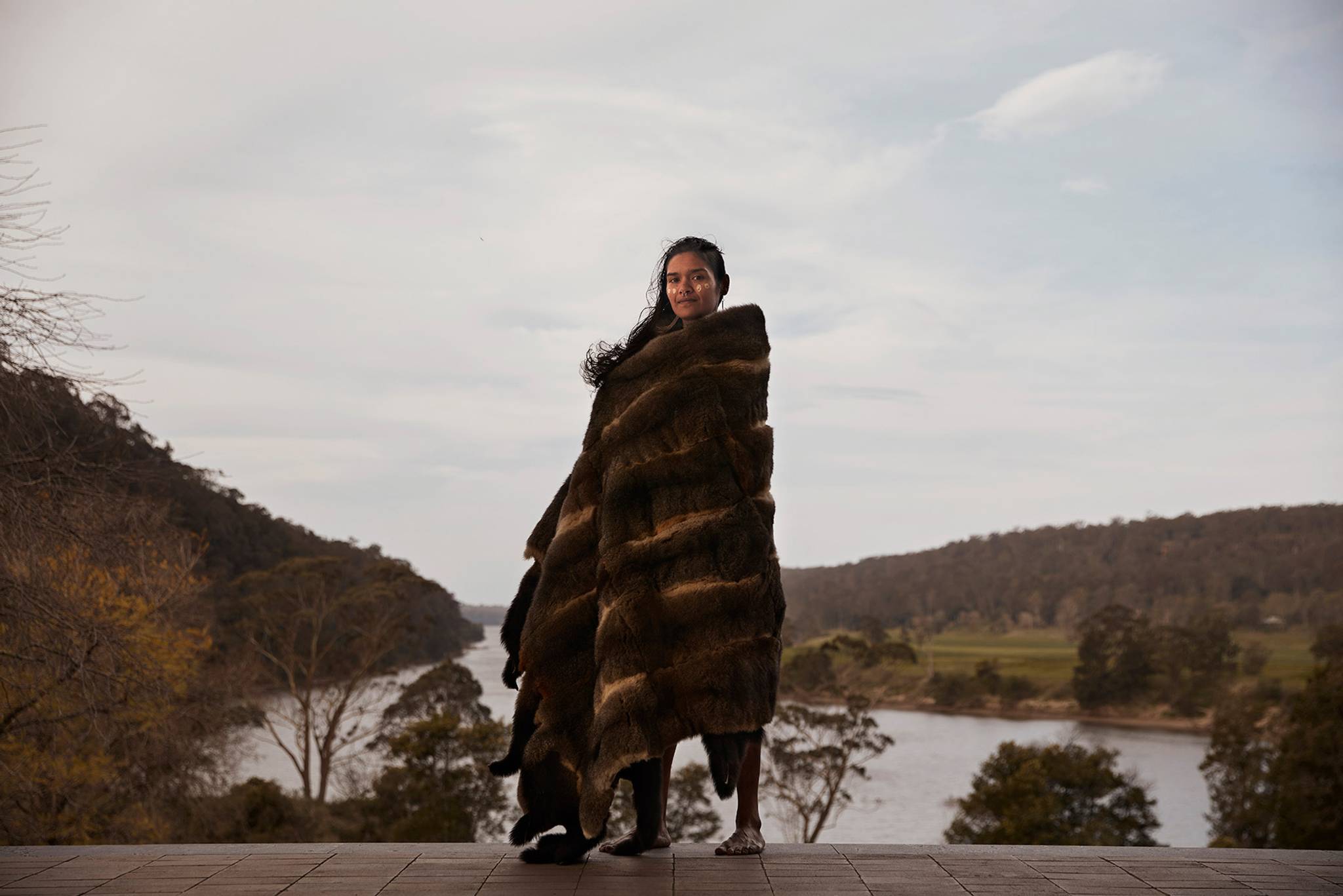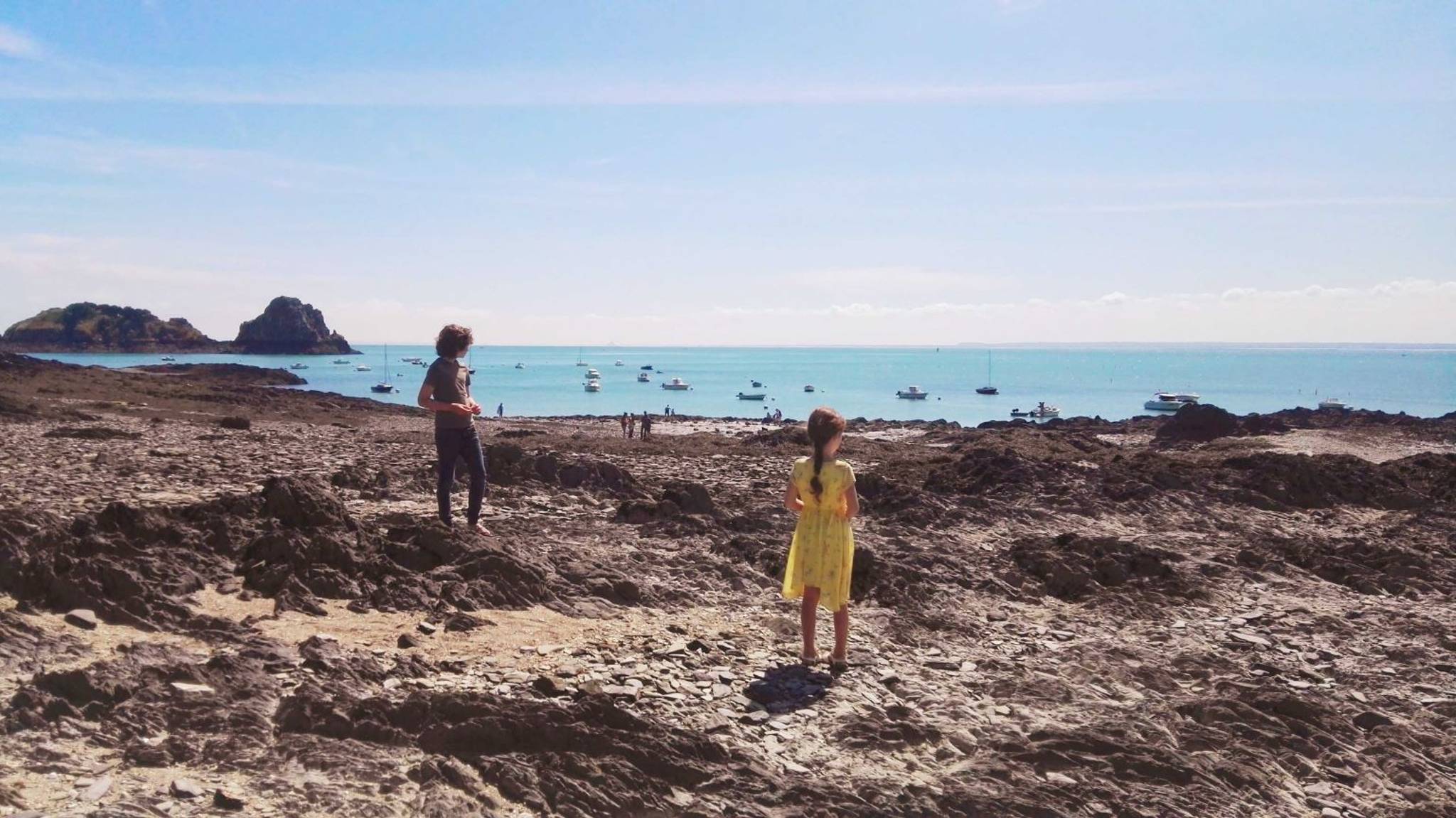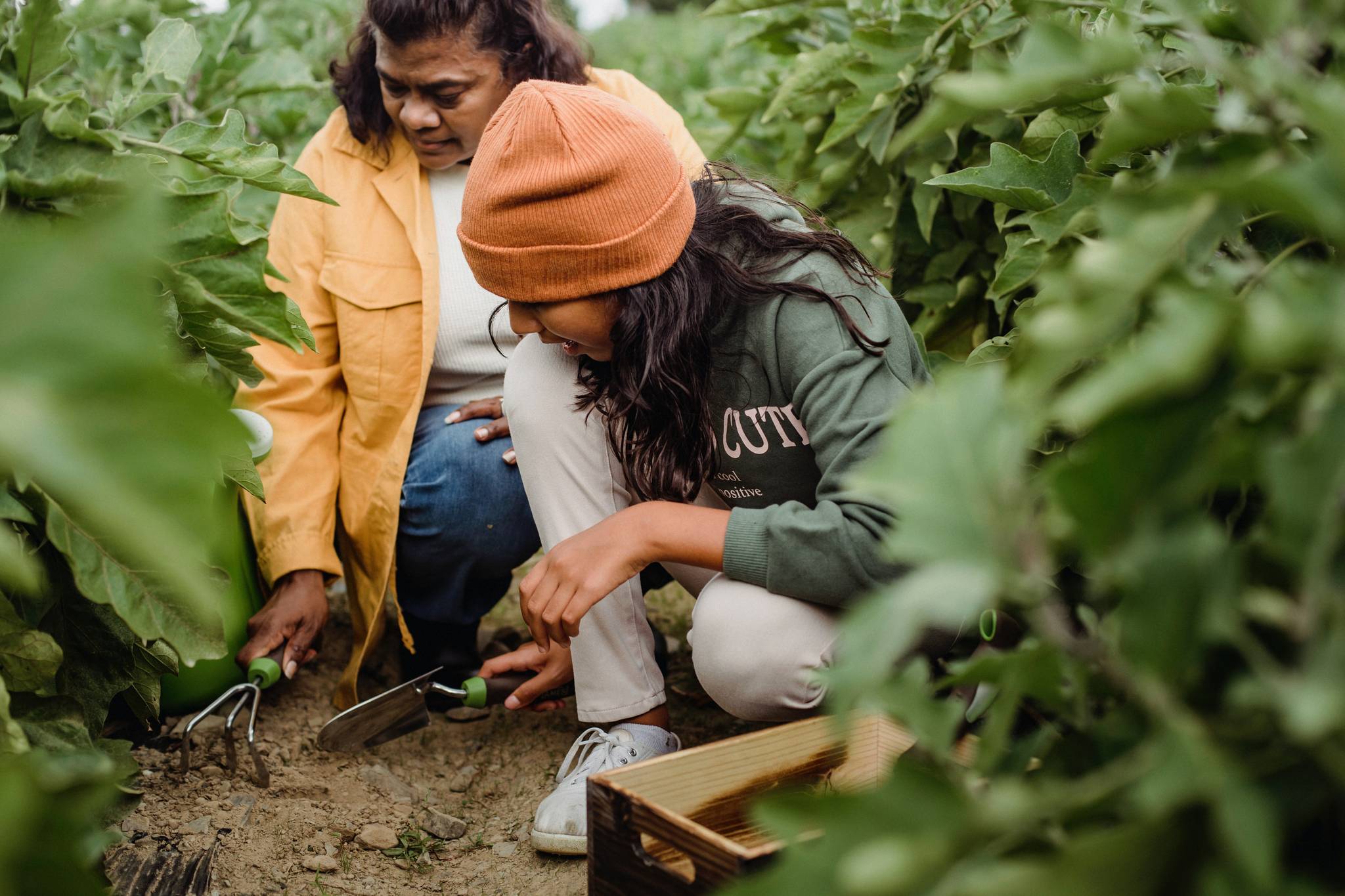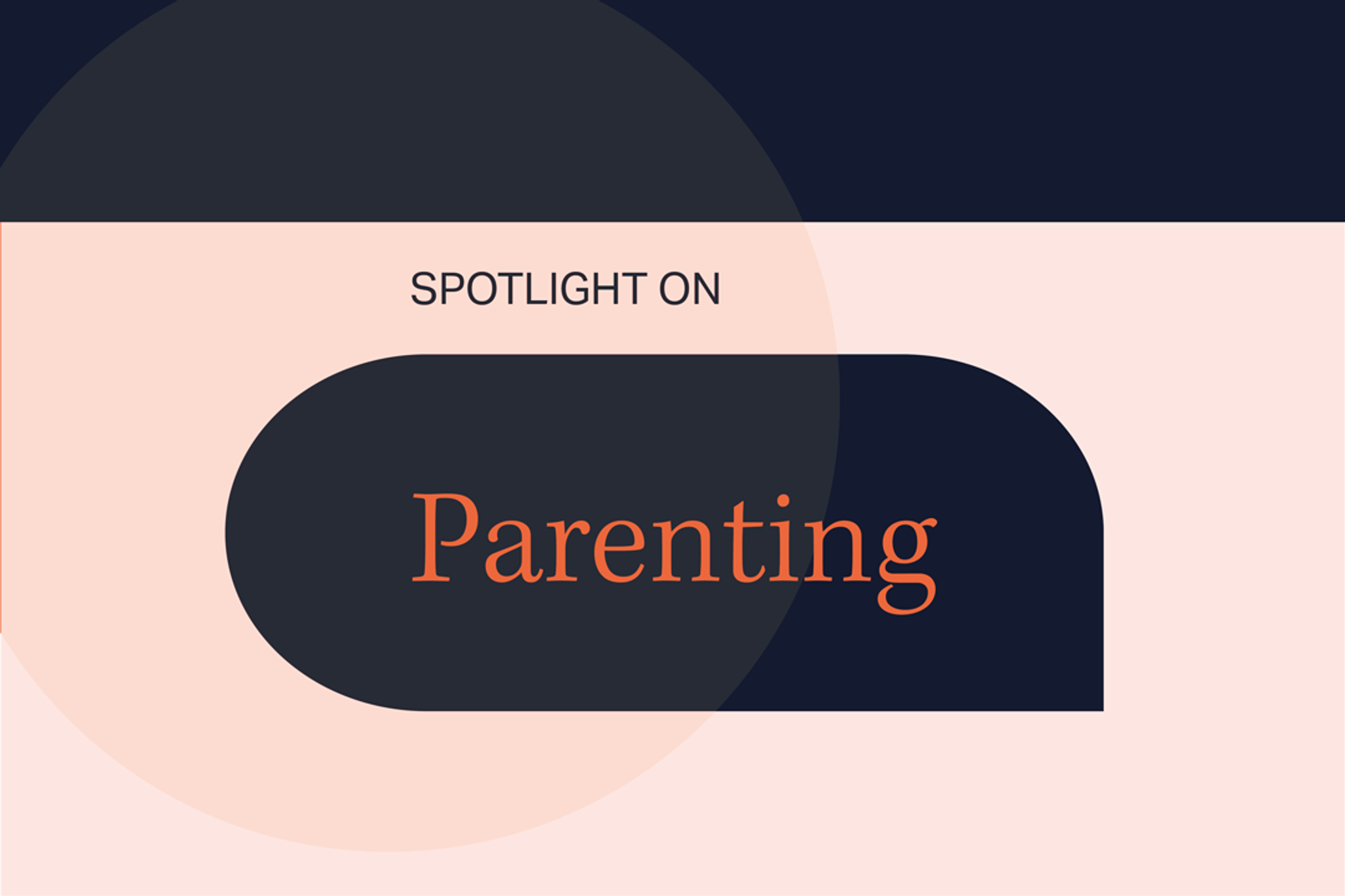The Future of Eco ImaginationNatural disasters and record-breaking heat make climate change an unavoidable reality. While people are watching the world burn, they're also watching man-made technologies like artificial intelligence thrive. Join Canvas8 to explore the new opportunities for people to redefine their relationship with nature through technology. And discover how brands can take a stand, start the conversation and support people on their journey from fatigued to a more optimistic future.Tuesday, 26 Mar 2024
SummaryPeople are feeling anxious urgency about climate change, and they're disillusioned with the rate of change brought about by institutions in power. However, A.I technologies are empowering individuals to experiment with the boundaries of reality and imagine inventive solutions to the world's problems, on their terms. At the intersection of both developments is the birth of a new macro behaviour -- eco-imagination. Beyond technology, an experimental cultural moment is making space for all kinds of creative attitudes to sustainability and the climate. Think ecofeminism and intersectional eco-thinking, as well as technobiophilia, which explores how technology and nature could co-exist harmoniously. In this live, we explore the research Canvas8 has been conducting on the shifting perspectives on nature, and how it is reflected in shopping habits, language, education, and brand perception.
Eco Imagination As extreme weather events and record-breaking heat become the norm, climate change has moved beyond future fears and become a present-day reality. On average, 57% of people worldwide report that climate change has already severely impacted where they live. Permanently changed, erratic weather patterns are colliding with people’s livelihoods, identities, and mental health (not to mention their brains).
The immediacy and scope of this new ‘climate abnormal’ is creating friction at all levels of society. Despite the fact that four in five people across the globe believe humanity is ‘heading towards environmental disaster unless we change our habits quickly’, the way forward feels ridden with tensions. Individuals feel fatigued by brands’ and institutions’ climate inaction – they want change (but less so if it forcibly alters their lifestyle). More than three-quarters of Europeans believe countries would be more effective at tackling climate change by working together, but few can agree on what that work should look like.
A desperate need for change is rubbing up against a society set in its ways. As a result, people are warming up to the idea that the path forward into the climate-adaptive future will require creative, experimental modes of thought more entrenched in imagination than in our current status quo. Luckily, the AI boom and experimental cultural moment that it’s brought about are creating space for new, accessible ways of experimenting, designing, and imagining the world.
This new synergy is ushering in the era of Eco Imagination.
Emboldened by the possibilities of decentralised creativity and incentivised by the rapid decay of the environment, people are re-imagining their relationships with nature. They’re imbuing the nature narrative with the new, experimental, and unconventional, whether by warding off climate anxieties at climate cafes and ecotherapy parks or instigating equitable climate futures through ecofeminism and intersectional eco-thinking. Where recycling no longer cuts it, people are exploring ‘technobiophilia’, eating insects, and using bacteria to build computers. Individuals are looking to create transformative connections with the natural world. With the help of new tools and resources, brands can deliver the kind of regenerative environmental strategies necessary for humanity to survive (and potentially thrive) in a new climate reality.
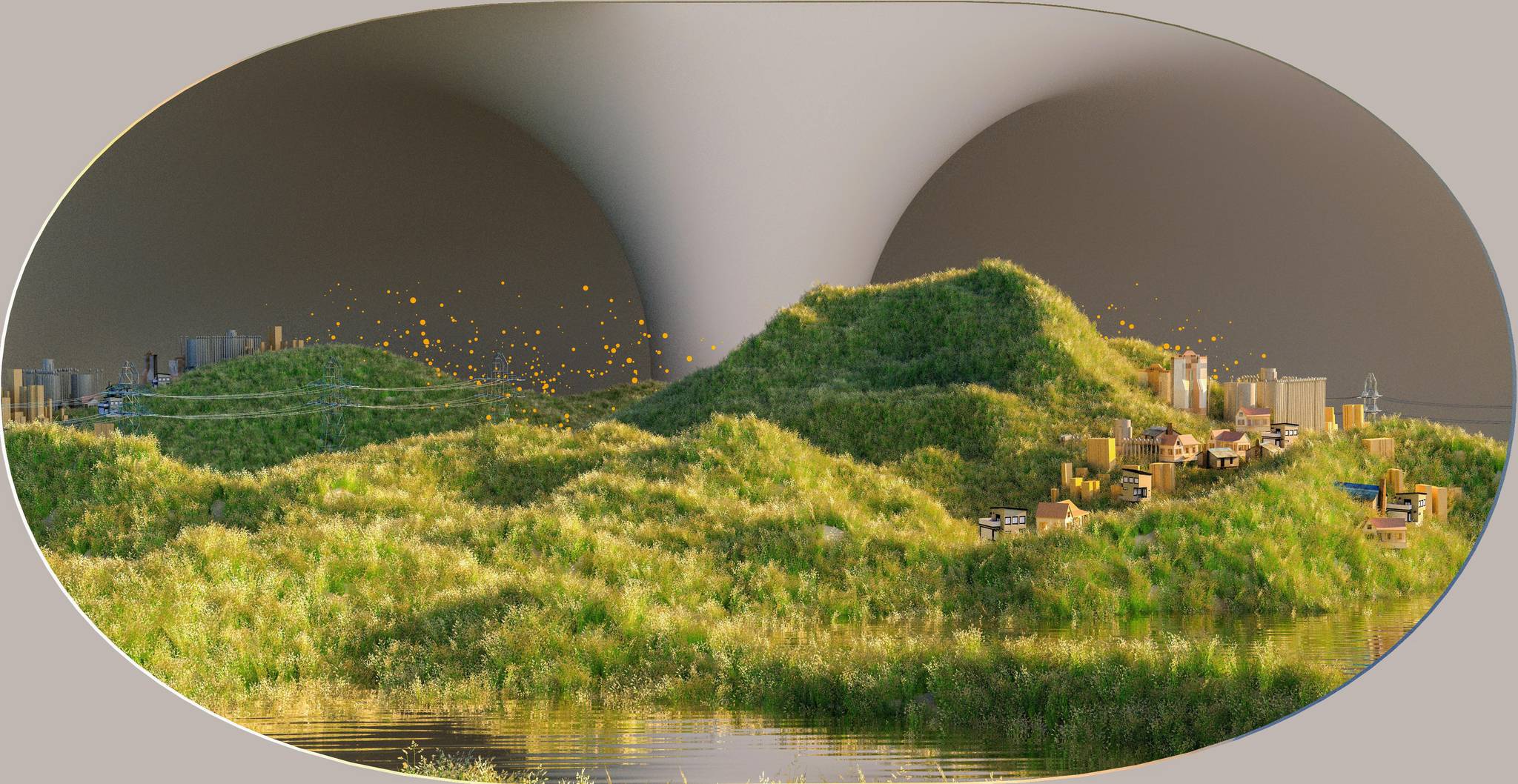
Deep Dives
Spotlights
Expert Outlook
Want a briefing?Choose one of our Deep Dive topics to be presented to your team in-house or digitally by an analyst. These briefings drive inspiration, insight, and deeper understanding.
